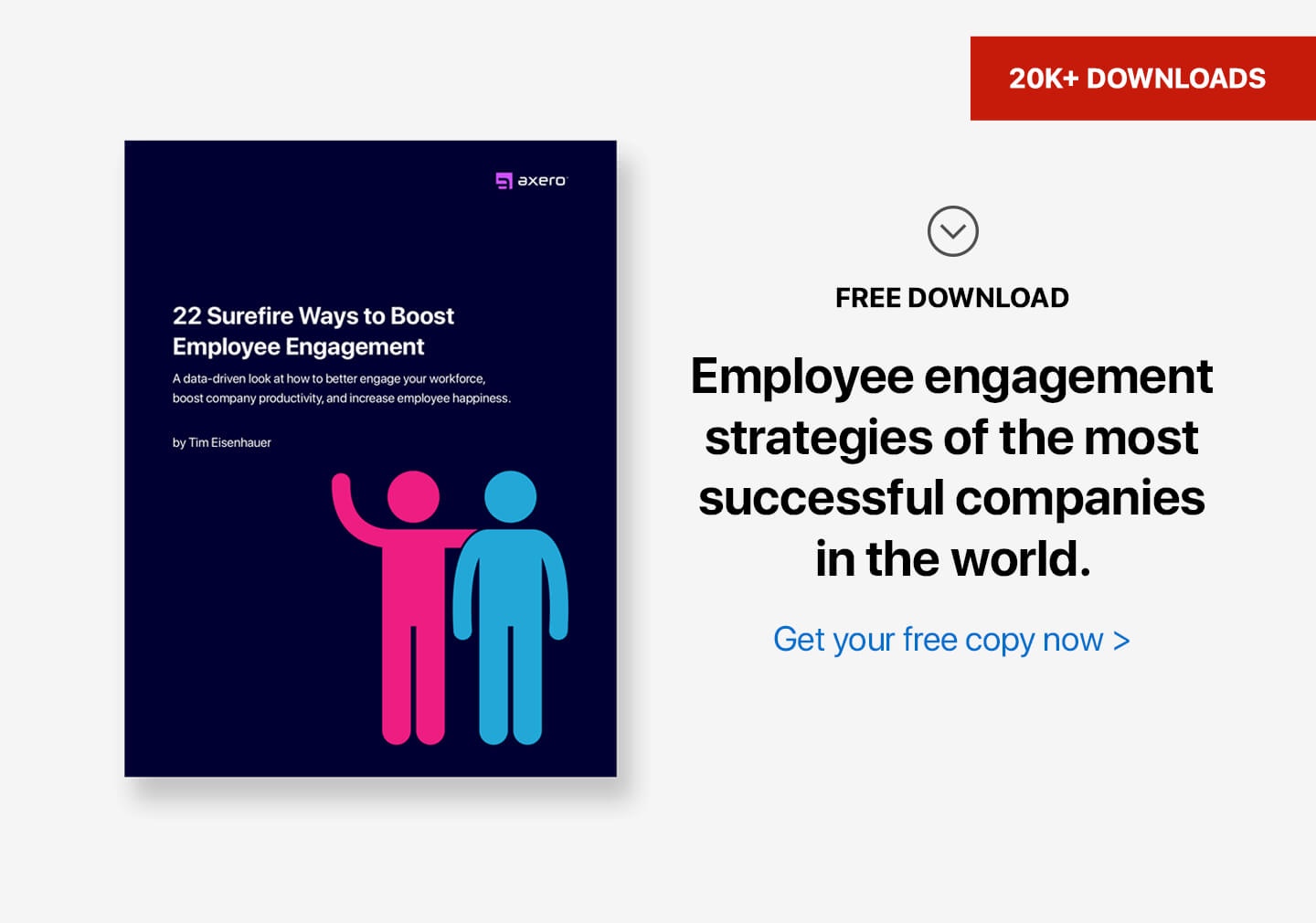The reason for this post is an amazing TED podcast on our favorite topic, The Meaning Of Work (aired October 2, 2016.) It’s almost an hour long and includes several stories by different speakers. If you haven’t heard it before, the first story will blow you away. And it may motivate you to listen to the second one, which will touch and inspire you.
So give it a shot. Then we’ll talk?
(If the audio player doesn’t load, you can listen to the podcast on NPR, iTunes, or Podcasts.com.)
In my research for Who the Hell Wants to Work for You? I found several explanations as to why some people love the work they do. Author Daniel Pink calls these intrinsic motivators. In his book Drive: The Surprising Truth About What Motivates Us, he gives three: autonomy, mastery, and purpose.
According to Pink, we want to be our own boss, we want to be good at things, and we want to make a difference. We may take a job for all sorts of reasons. But we will only truly care about our work if it meets Pink’s criteria.
Following Pink’s line of thought, a good manager is someone who gets out of people’s way and helps them build skills and achieve goals they’ve set for themselves. It makes sense, except that it puts a lot of pressure on the manager to be, well… perfect.
Bad bosses are the top reason people quit. So, many forward-thinking companies have taken up the cause of breeding a perfect manager. If you put a lot of thought into selecting and training your employees—as Google, Southwest, and other great companies have done—why would you let all that good work go to waste?
That’s a lot of perfection up and down the chain. Something we can all strive for but can never count on. As a company grows, the numerous and conflicting definitions of a perfect fit are sure to become an uphill battle.
This is why the “superchicken” story in The Meaning Of Work is music to so many ears. (It’s the first story in the podcast. If you haven’t heard it yet, go ahead and look it up in your spare time. I don’t want to ruin it for you.)
It tells us that the perfect manager is a lie. So is the perfect employee. In reality, it’s neither necessary nor sufficient for everyone on the team to be perfect to do good work and enjoy it. What’s needed is that we accept others and ourselves as we are. And then make the best of it.
Did I just substitute perfect attitude for perfect skill?
Sort of. But it does make things easier. One, everyone knows how to be kind and compassionate. (Some of us just need a gentle reminder every now and then.) And two, a good attitude does not belong to a single person. It’s the way people relate to each other, so it’s always a shared thing. It spreads from one individual to the next and becomes the fabric that holds the entire group together.
Am I being idealistic?
Actually, I didn’t make any of this up. I did some research on successful companies, and I saw something I didn’t expect to see. Companies and managers who don’t take themselves too seriously have a big advantage.
Some companies go out of their way to encourage goofy and bizarre behaviors. (I have a lot of examples of this in Who the Hell Wants to Work for You? Chapter 26, Play) Why? The superchicken story makes it abundantly clear.
Let’s see. Are you more or less likely to judge, blame, and compete with your coworkers if you just had a good laugh together? Right. So these companies make sure that people are almost always joking and laughing. They play dress-up and stage funny events so people can laugh about what happened long after the event is over. You may wonder how these companies find any time for work. Well, it turns out that anger and worry are a lot more distracting than laughter.
The genius of it is that it doesn’t require any genius at all. It’s regular and natural human behavior, once we relax and let go of the stress. Even weird is normal. All of us are weird when we’re not afraid to show it.
So, what about autonomy, mastery, and purpose? These attributes are important, no question, because they make us feel good about ourselves. The interesting fact is that they can only have meaning within a like-minded community. You need someone to be autonomous from. You need somebody to appreciate your mastery. And, ultimately, your purpose comes from serving others.
The super chicken fallacy forgets that other people are the ones who make us great; we always owe our individual success to someone else. If we ignore our debts of gratitude, if we don’t pay it forward, we are cheating. Sooner or later our cheating will catch up with us, and we will fail. However, once we overcome our inner superchicken, we no longer need to be perfect to succeed. Any amount of goodwill will do.
If you care about career success, you might like my book, because it’s full of career advice from the best managers on Earth.









